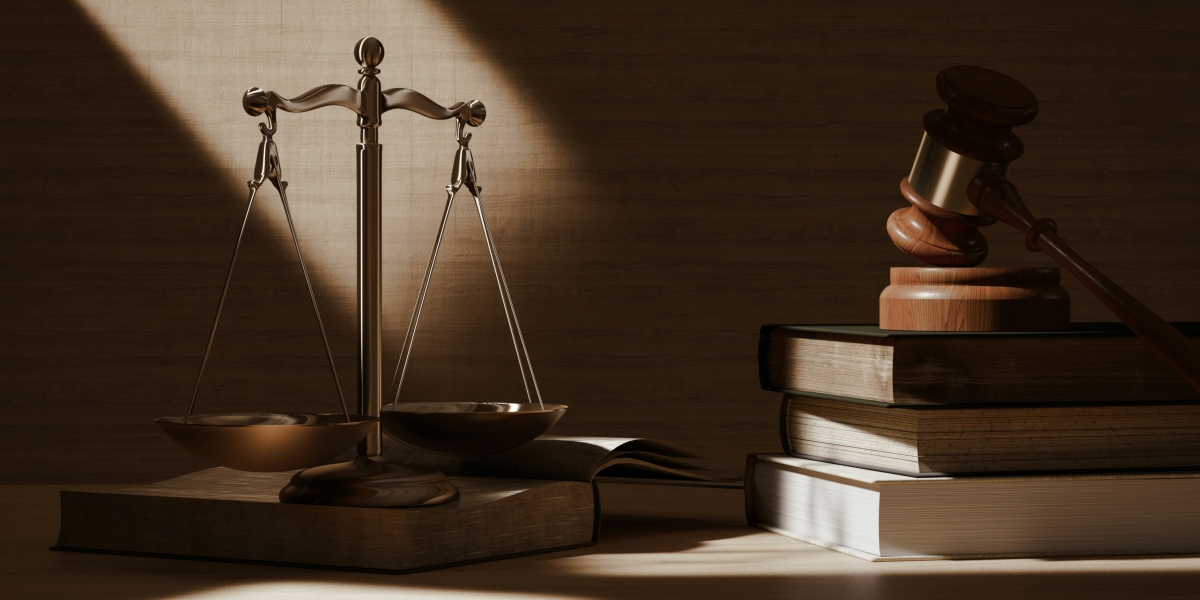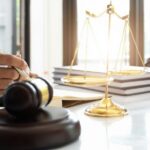When you visit someone else’s property, either a business or a home, you expect some level of safety and to be notified in case of any dangers lying around. Premises liability is an umbrella category that holds property owners and managers responsible for keeping spaces safe. When they fail to do so and someone gets hurt, they can be held legally and financially accountable.
Around 11% of premises liability cases go to court. The rest are settled out of court through negotiations. When filing a claim, it is ideal to hire experienced personnel, such as premises liability lawyers at Tyroler Leonard Injury Law, who have handled numerous similar cases.
Keep reading to find out the different types of accidents that fall under premises liability.
Slip and Fall Accidents
According to the CDC (Centers for Disease Control), over one million people in the U.S. end up with serious injuries from slip and fall accidents every year. These accidents often happen because of factors like wet floors, ice, or uneven floors.
You have probably seen yellow caution signs at grocery stores or parking lots showing slippery floors. This is one way businesses try to reduce their liability. But if a spill is left unattended or poor lighting makes it hard to see the hazard, the owner may be liable if someone gets hurt.
Trip and Fall Hazards
Trip and fall accidents are similar to slip and falls, but these are caused by:
- Expose electrical cords
- Broken sidewalks
- Loose floorboards
- Cluttered aisles
These hazards can easily cause someone to stumble or fall, leading to various injuries from minor bruises to serious fractures. Property owners are expected to regularly inspect their spaces and remove or fix anything that could cause someone to trip.
Inadequate Security
Property owners, like those who run apartment complexes, parking garages, or hotels, have a duty to provide reasonable security measures. If there is poor lighting, not enough security cameras, or fully functional locks, it is easy for someone to end up being assaulted or robbed. The owner may be held liable for not keeping the premises safe.
Dog Bites and Animal Attacks
Over 4.5 million dog bite cases are reported annually in the U.S. Out of these cases, 800,000 lead to injuries that require medical attention. Sadly, over 50% of dog bite injury victims are children. Several states in the U.S. have strict liability laws for animal attacks, specifically dog bites. If an animal attacks a visitor, pet owners are held accountable, especially if the pet had a history of aggression.
These types of accidents happen at someone’s home or in places where pets are allowed, like for example, parks and pet-friendly businesses.
Swimming Pool Accidents
Swimming pools pose serious risks, mostly to children. If a pool is not properly fenced, lacks warning signs, or is left unsupervised, the owner can be considered liable for any injuries or drownings that occur. In 2019, 4,000 accidental drowning accidents were recorded in the U.S., according to the CDC. In the following three years, the number increased by 10%.
Even if someone enters a property without any permission, a homeowner could still face liability under the “attractive nuisance” doctrine. This doctrine, which is applicable in certain states, can hold a property owner responsible if the injury is caused by an object that is attractive.
Other Accidents Under Premises Liability
These include:
- Elevator and escalator accidents occur in cases of poor maintenance that lead to malfunctioning.
- Fire and chemical exposure, such as gas leaks, mold, or exposure to hazardous materials.
- Falling objects in places like retail stores or construction sites.
Summary
Premises liability covers a wide range of accidents, but all are based on negligence from property owners since they have a duty of care to visitors and tenants. This duty involves taking the necessary steps to prevent foreseeable accidents.
Disclaimer: This article is intended for informational purposes only and does not constitute legal advice. Readers are encouraged to consult with a qualified attorney for legal guidance related to their specific circumstances. While efforts have been made to ensure the accuracy of the information presented, no guarantee is made regarding its completeness or applicability to individual cases.

















